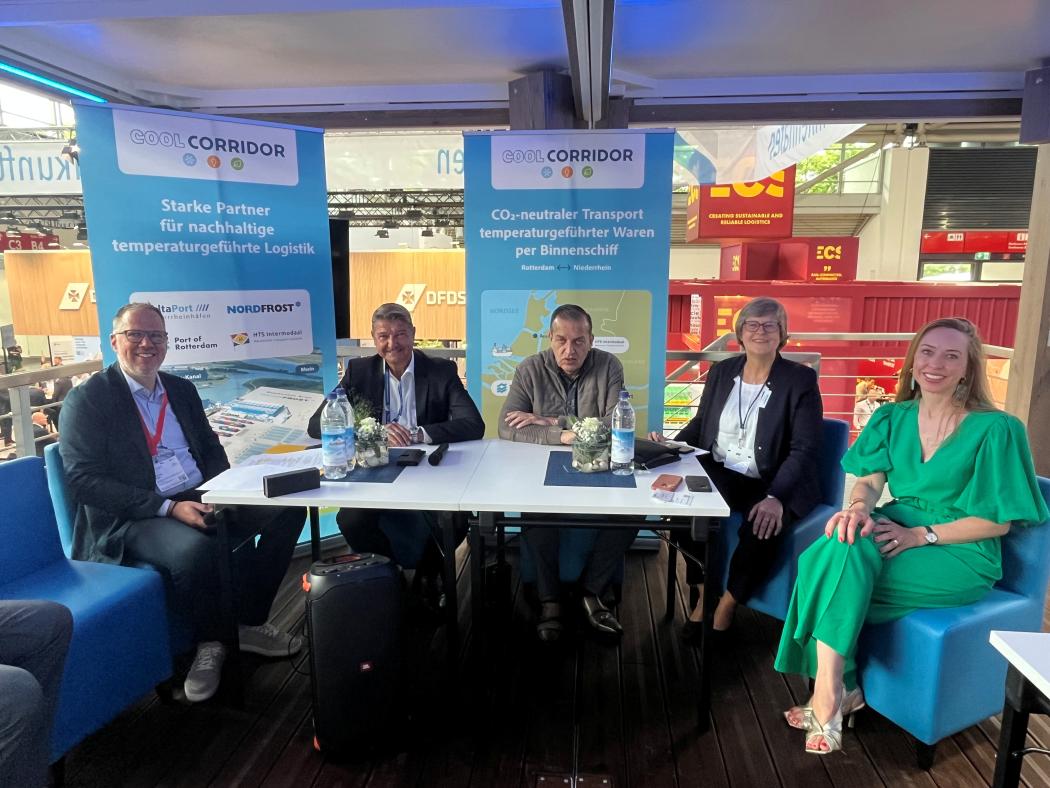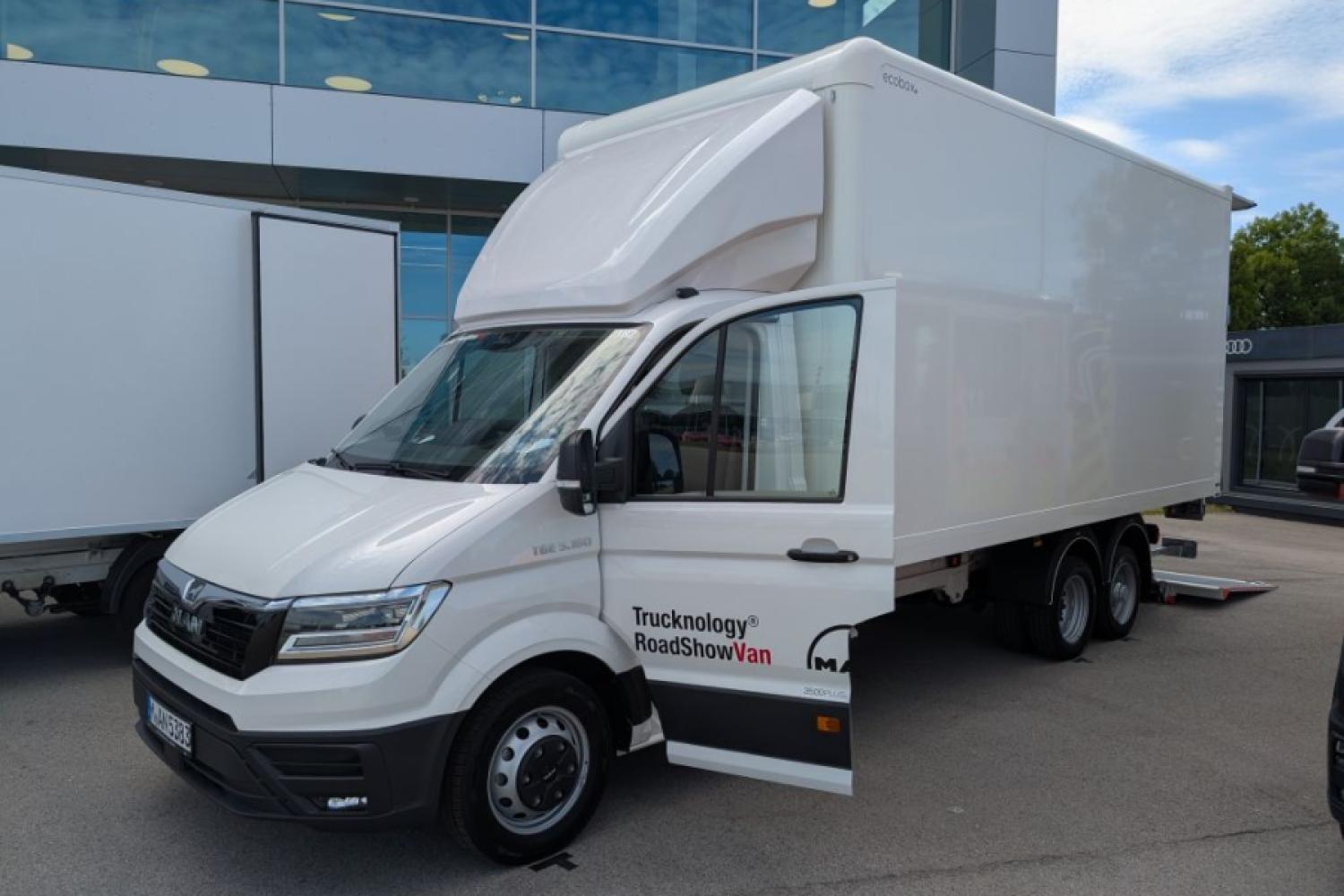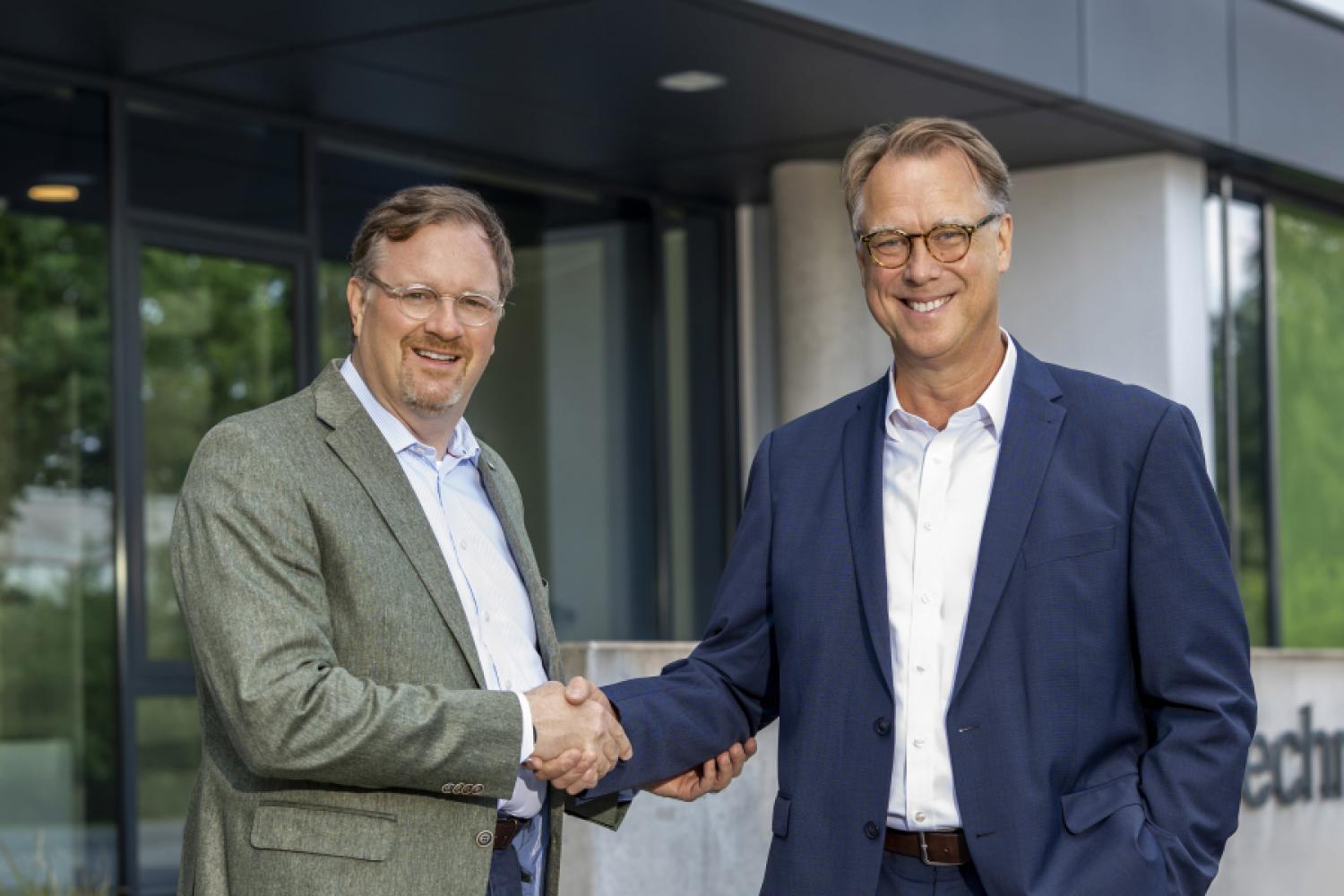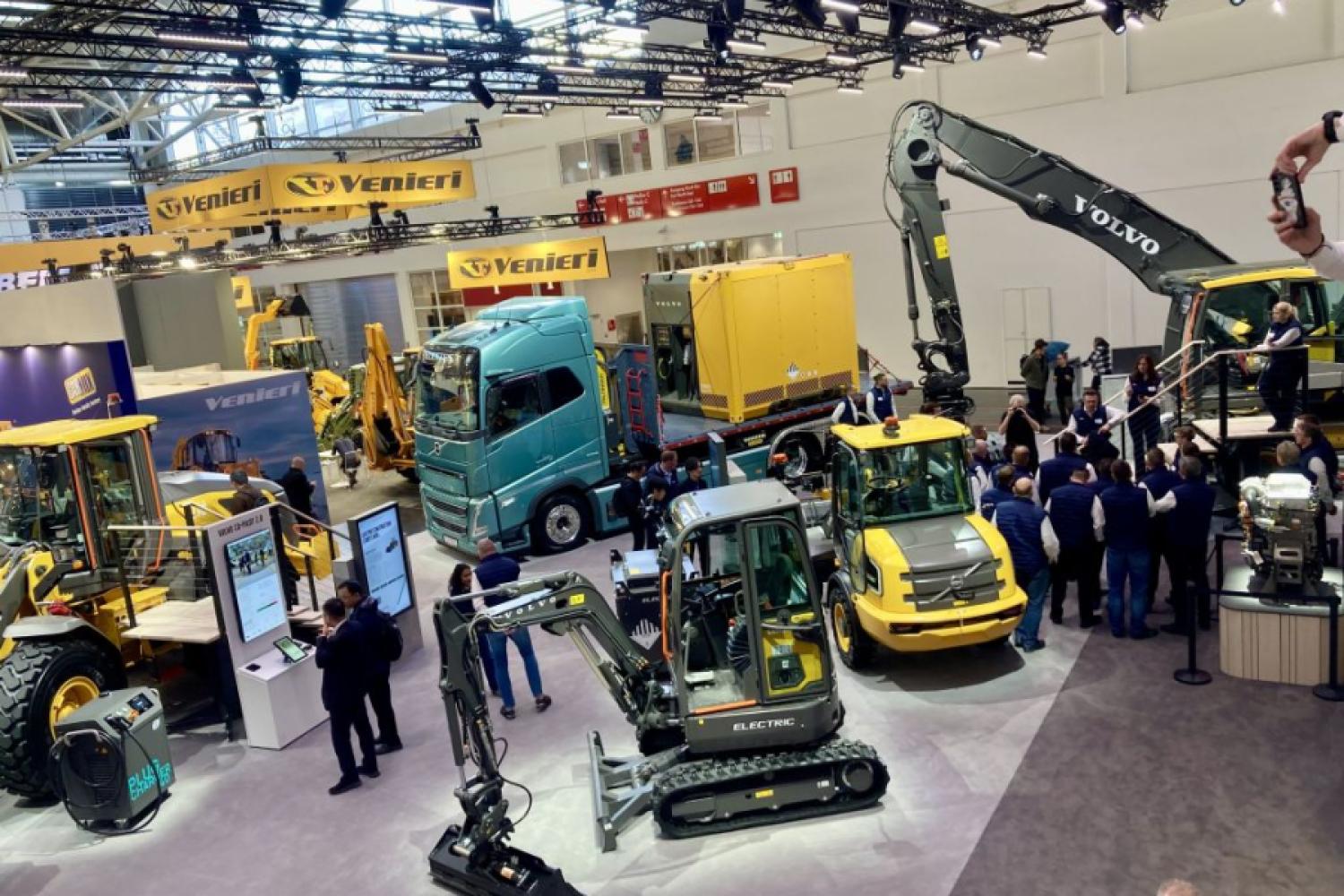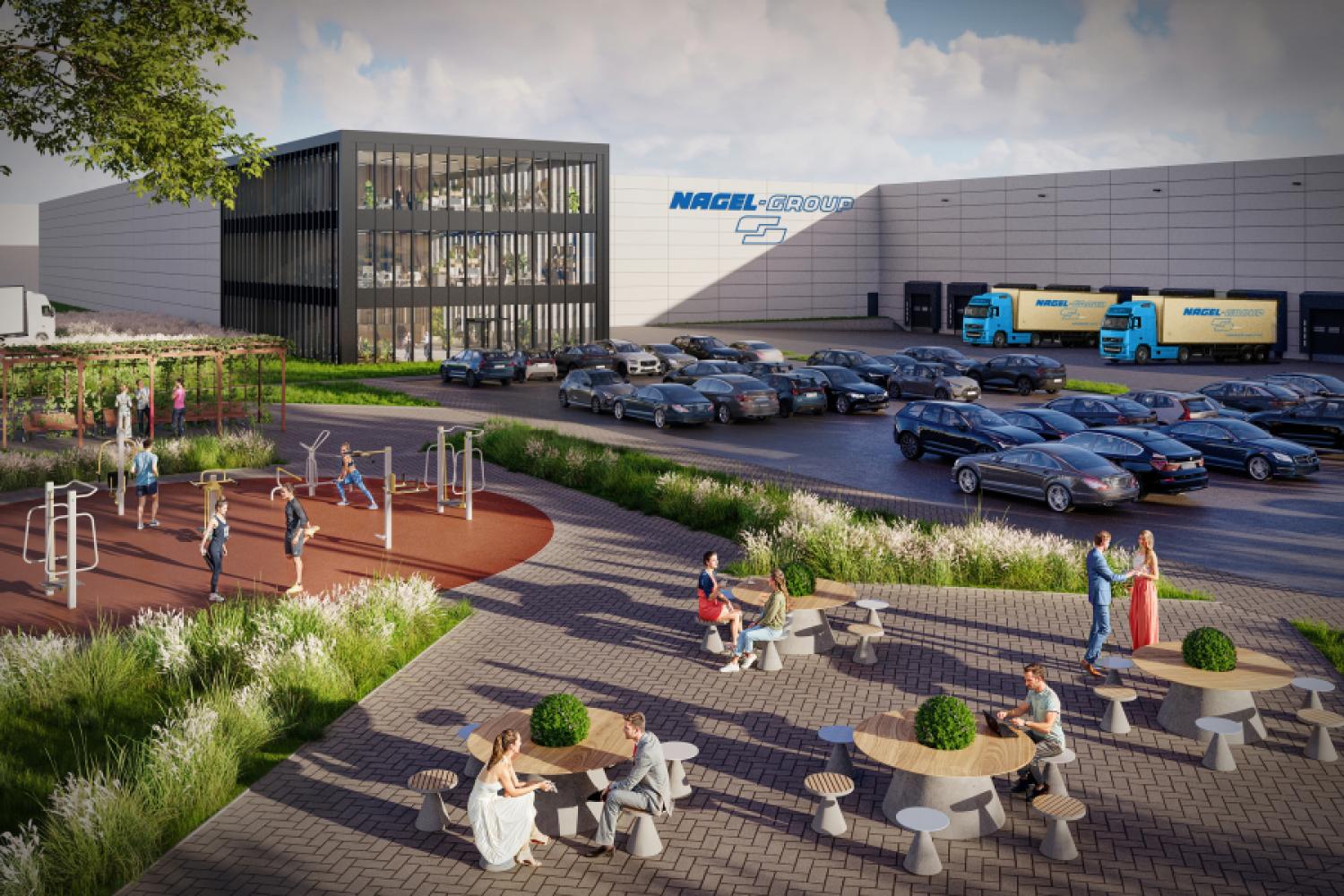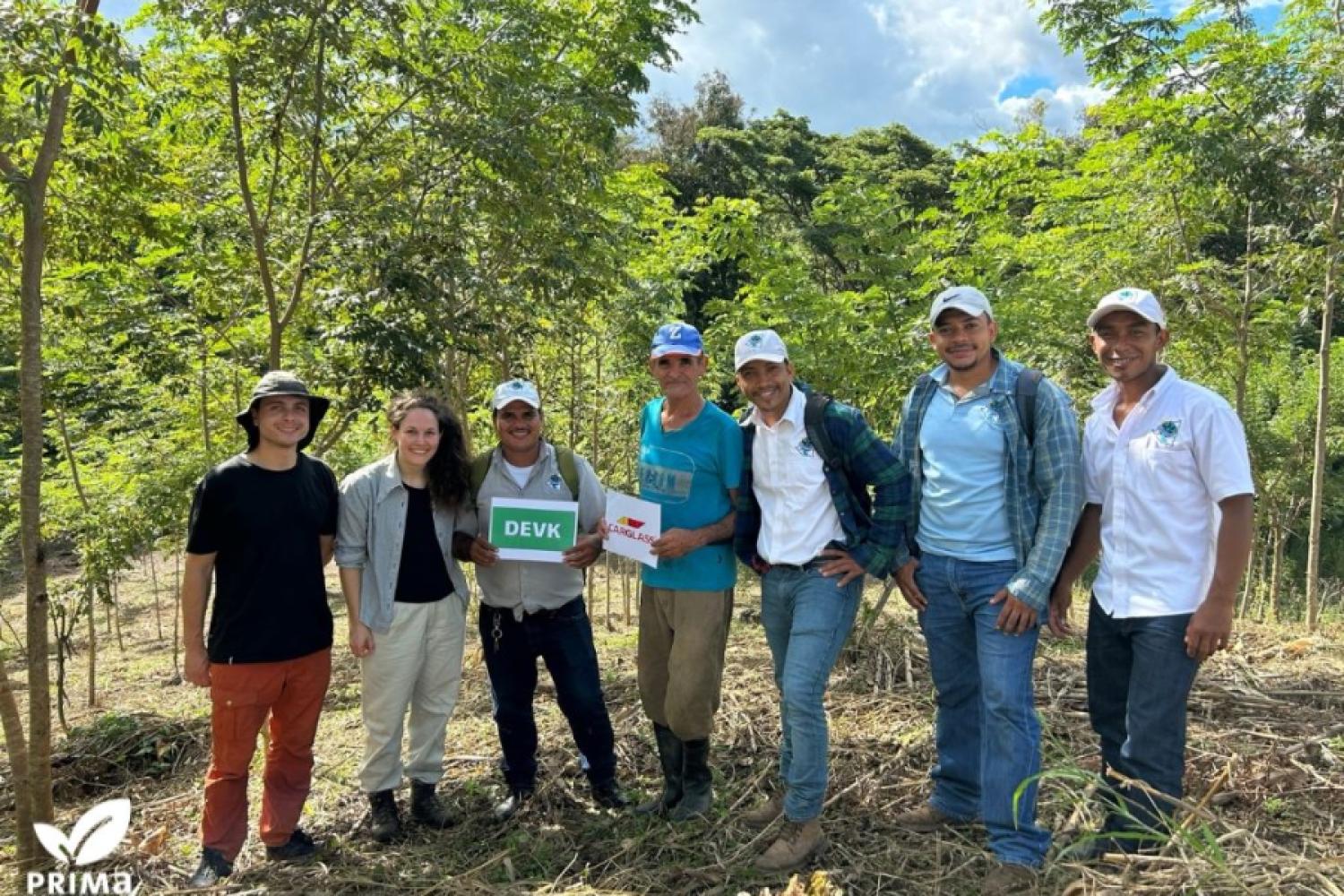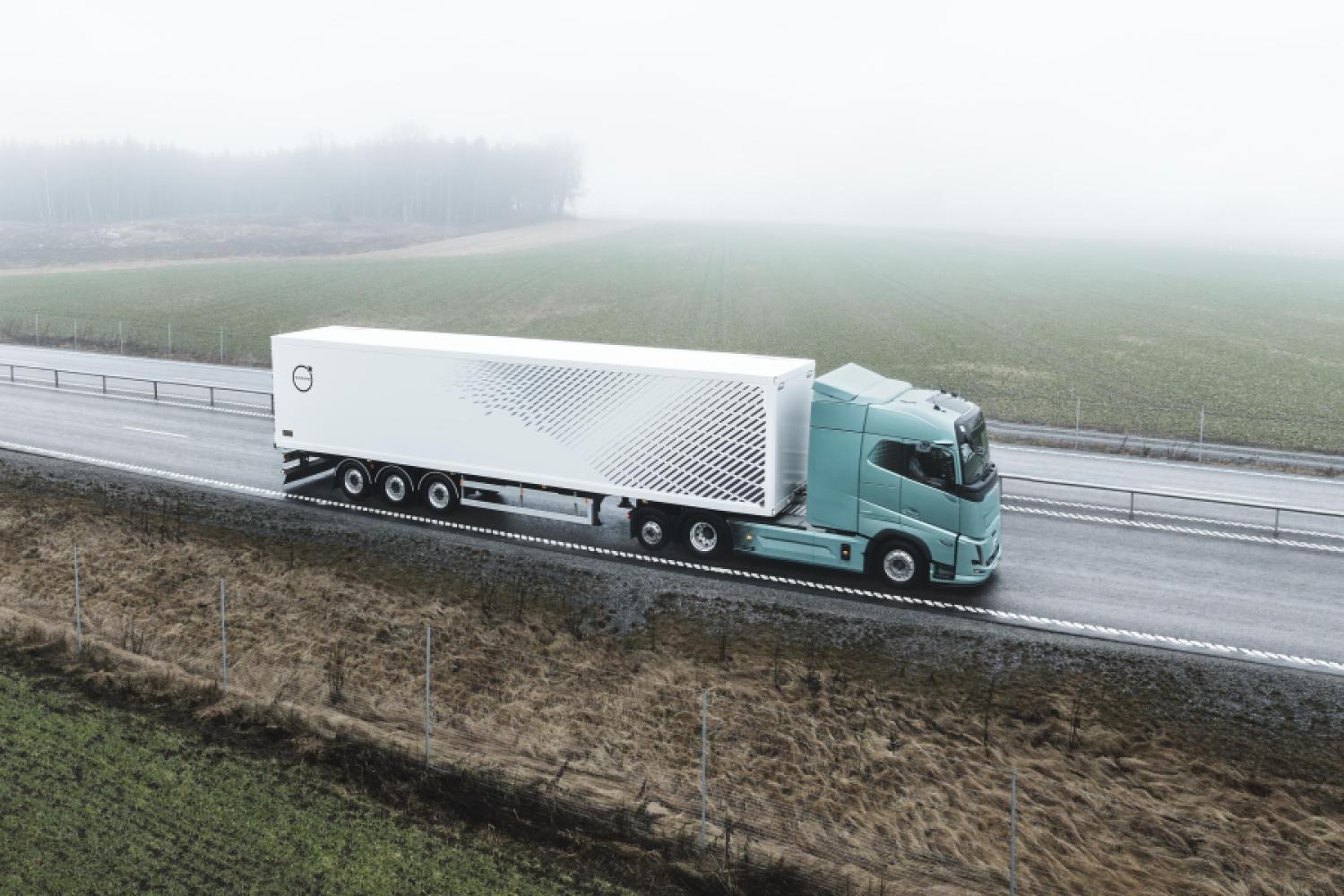DeltaPort Niederrheinhäfen has introduced a pilot project at the Transport Logistic in Munich aiming to make temperature-controlled transport more climate-friendly. Under the title Cool Corridor, the project partners plan to increasingly transport reefer containers to the hinterland by inland waterway instead of by truck. The stated goal is to reduce emissions and make supply chains more efficient and sustainable.
The idea for the Cool Corridor reportedly originated from Andreas Stolte, Managing Director of the DeltaPort port association, which includes the ports of Wesel, Voerde-Emmelsum, Emmerich, and Rheinberg-Orsoy. The project aims to transport temperature-controlled containers directly from the Port of Rotterdam up the Rhine to the Rhein-Lippe-Hafen Wesel, using an inland vessel powered by hydrogen.
During a panel discussion in Munich, Stolte stated that the logistics industry must contribute to the shift in transportation methods.
“We need to shift cargo flows from road to the more climate-friendly water and rail transport modes,” he said.
The current road transport route
is not only expensive but also harmful to the climate. Up till now, reefer containers have been unloaded in Rotterdam and delivered by truck to their destinations. The Cool Corridor aims to interrupt this chain and bring the containers by water into the hinterland.
“I am firmly convinced that with the Cool Corridor we can make a substantial contribution to the transport transition and emission reduction,” stressed Stolte.
The project is being implemented in collaboration with the Port of Rotterdam, the HTS Group, and the cold storage logistics company Nordfrost. Hanna Stelzel from the Port of Rotterdam highlighted the importance of the port for European supply security. Over 75 percent of transshipped goods are not consumer goods but food and production goods. In this context, it is crucial to make transport routes climate-friendly.
“Innovative concepts that offer such great added value for the climate and society can only be implemented together,” she said.
Close collaboration between public and
private entities and cross-border cooperation are essential for this.
A key element of the project is the inland vessel Letitia, powered by hydrogen. It is operated by the HTS Group and refueled with so-called H2TankTainers. Henk Heuvelman from the HTS Group presented the technical details. The development of the ship took place in collaboration with more than 40 partners from six countries.
“Hydrogen-powered inland shipping has a great future in Europe. Projects like the Cool Corridor demonstrate how we can redesign logistics chains to save CO2,” said Heuvelman.
At the destination Wesel, Nordfrost operates a new multi-temperature cold storage facility with an area of 26,500 square meters. There the containers are unloaded, stored, and redistributed. Nordfrost also took over the operation of the terminal.
Managing Director Britta Bartels explained: “Through the use of the Cool Corridor, we optimize goods flows, reduce road traffic on the last mile, and relieve the environment in terms of CO2.”
The terminal also
enables seamless processing without empty trips.
During the event, it became clear that the project ventures new paths not only on a technical level but also on an organizational level. More efficient inspection processes and shortened waiting times in Rotterdam are intended to improve the modal split.
Stelzel emphasized: “As the Port of Rotterdam, we work closely with the industry and inspection authorities to realize these efficiency improvements.”
The concluding discussion, moderated by Gunnar Platz from Planco Consulting, linked to the current global political situation. Supply chains must become more resilient, secure, and sustainable. Platz expressed it this way:
“Only through cross-border and trustworthy cooperation and the courage of all involved to take new paths can we meet the great challenges for society and the environment.”
The Cool Corridor is still in development. However, the participants see in the project a sustainable model for climate-friendly logistics in the temperature-controlled segment – and rely on expanding the concept along
